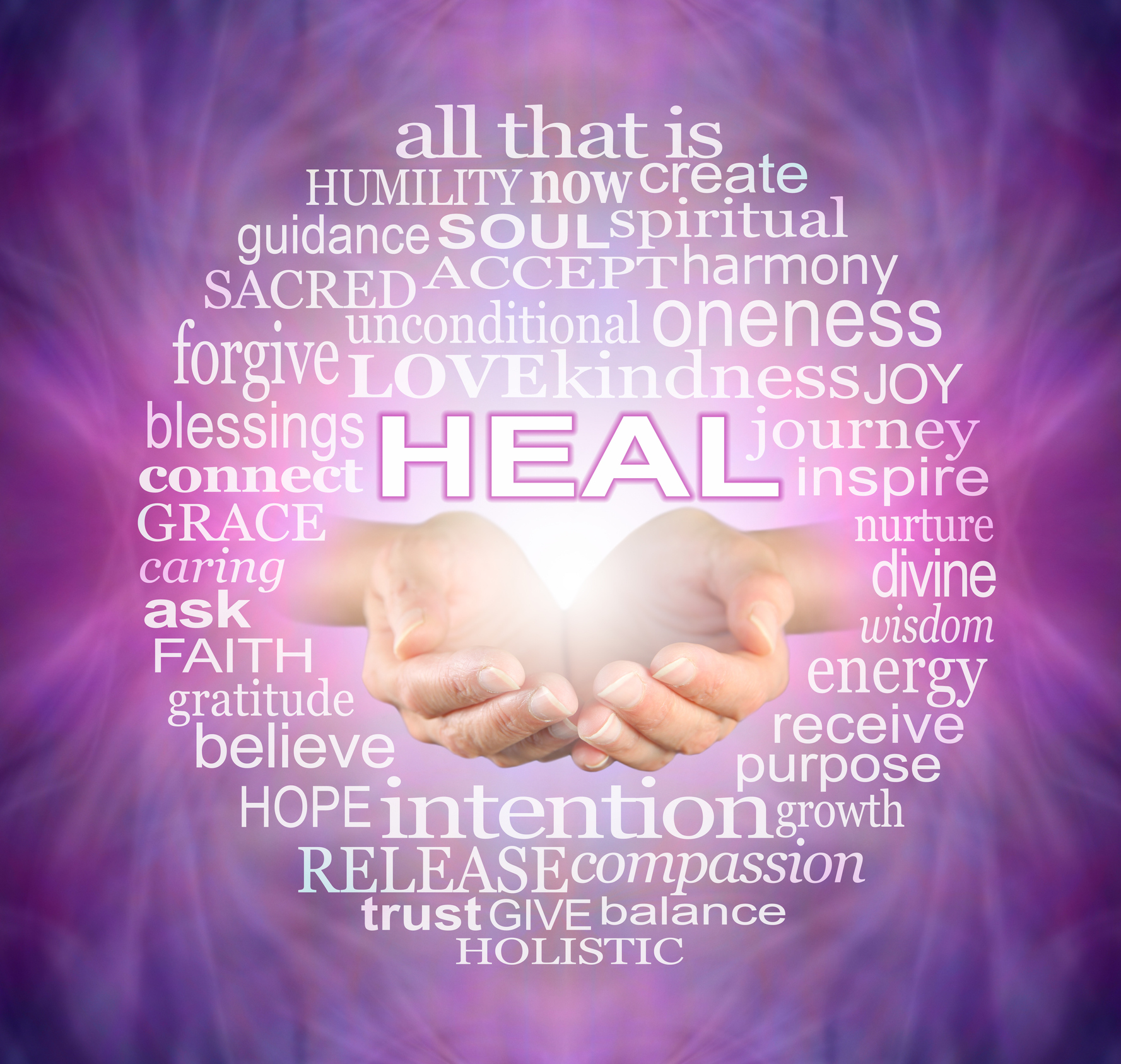What’s more terrifying than finding out that you have been conscripted to go to war? Finding out that the opponent with whom you are warring is actually your own body. Scary stuff this is. Yet, this is what sitting in the doctor’s office receiving a diagnosis of autoimmune disease can feel like. After all, you likely knew something was wrong, which is probably what led you to get things checked out. You were nervous when you entered the medical arena, and now that you know you’re not necessarily dying, you’re terrified. The Boogie Man that had been hiding in the recesses of your imagination, peeking through the cracks of your google search of possible illnesses, is now exposed. You’re relieved it no longer remains nameless, but with a name like Grave’s Disease, autoimmune hepatitis, dermatomyositis, or diabetes it certainly doesn’t sound like anything you want or can live out a normal life with. Then comes the other bad news: the disease that is threatening to rip your life apart is self-induced. Maybe it’s environmental, maybe it’s genetic but the bottom line is your body, seemingly of its own volition, is producing the dangerous antibodies that are attacking you and sending your systems out of whack. And it must be stopped.
If you have ever been in this position, you may identify with the sense of helplessness and dependency on the prescribed responses of the medical community that can occur. Without question, these intelligent and kind individuals want to see you get better. They want to help you win the war. However, it can feel remarkably like a well-intended big sister who finds out you have been bullied and decides to drag you right back down to the playground by your collar, no less, to help you confront that bully with a disregard for your fear that this move might exacerbate an already horrible situation. I mean, it’s not that you don’t want to stand up for yourself, it’s just that you need time to figure things out, decide what it all means, where you fit in…how else you might approach it. And this is where your superpower comes in.
We all have the power to decide (meditate, contemplate, pray about) how we will think about the problems that have been set before us. There is really no better time, albeit no more difficult time, to think creatively. And because the basic survival aspect of the brain gets involved when we make decisions with emotion, as pointed out by neuroscientist and educator, Mary Helen Immordino-Yang (2015), it is a great time to ask some meaningful questions of survival: What might be all the ways I can heal? What ways might I listen for the greater message of my illness? How to find balance in my mental, spiritual, and physical self that will alleviate my symptoms? How might I partner with my friends in the medical community and leverage their good intentions and expertise to make space for my body to heal? How might I integrate homeopathic or naturopathic approaches with conventional ones? How might I trust my body to heal? How might I approach this problem with love and appreciation for the symptoms that showed up to inform me? How might I respond with careful listening instead of defensive suppression of these symptoms? In what ways might I seek support outside of the medical community to help guide my approach to healing? How might I find others who have healed at the source of their illness rather than merely suppressing the symptoms? How to communicate all my needs to doctors when they stand in the position of apparent authority? How might I love myself? How might I transform my fear into trust? How might I allow myself the courage to move to the surface? In what ways might innate wisdom guide me? How to access my deeper level of consciousness for freedom from disease?
The superpower we all hold in sickness and in health is to think and learn creativity—deeply and connectively. More than ever, in the throes of a new medical challenge, we need the principles of divergent thinking—deferred judgment, lots and lots of novel ideas and collaborative, integrative building onto what we already know—and we need good judgment to sort through it all.
When it’s all said and done and a plan of action has been decided on, then we can go forward, loving and trusting our ability to heal, forgiving the terrifying circumstances and thanking the symptoms for alerting us to the underlying imbalance in our greater self. But never–ever, should we regard any aspect ourselves as the enemy.
Healing Creatively Starts at Diagnosis
Our bodies speak in symptoms; there is more room for healing when we don't shoot the messenger.

